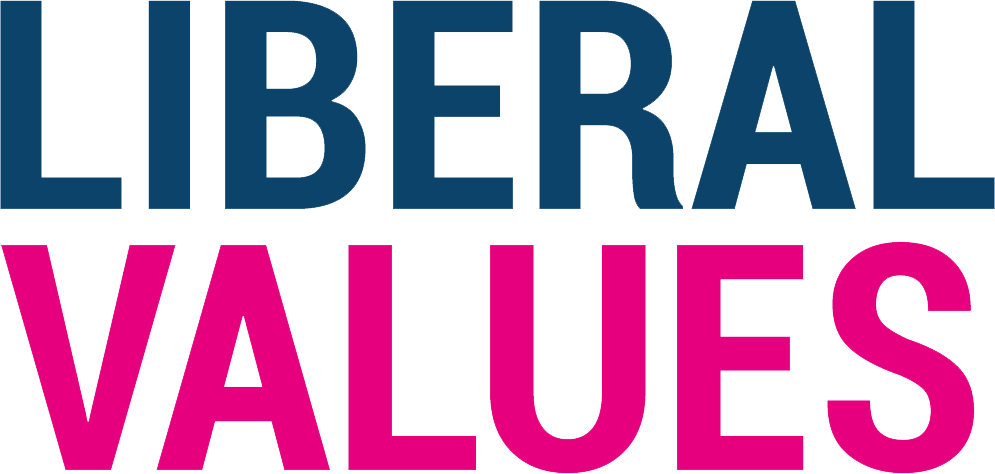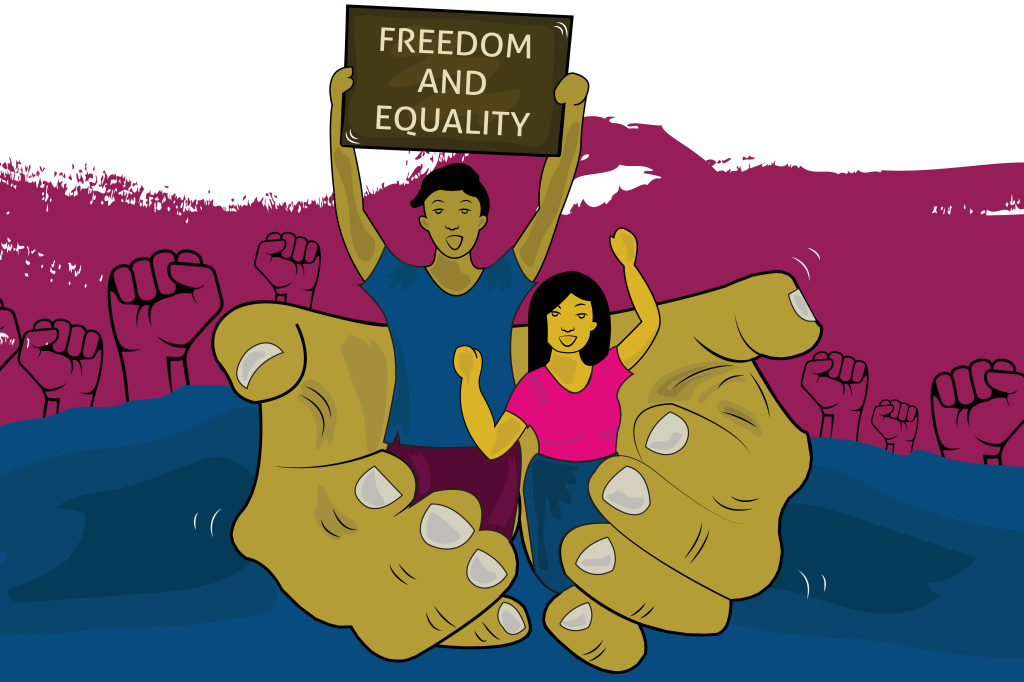What comes to mind when you think about liberalism?
At times, Liberalism has faced common misconceptions for being unprincipled, being in conflict with religion, and in favor of the rich, business, and so on. Is this really what liberals stand for? Or are those just labels that people put on the term liberalism In this series, we will explore the true meaning of liberalism and uncover its values. and as you will see, many of these ideas and images that people have of liberalism will ultimately appear to be misconceptions Since we will look at the term liberalism from the perspective of the values that it stands for, we will first look at what values are.
What makes a value a value? And what makes them so interesting and important? Well, let’s see. There are two ways to describe reality. We could say the following about Sri Lanka: It is an Island, It bears a population of 22 Million people and Sri Jayawardenepura Kotte is the Capital of Sri Lanka. That is a factual description A description of how things are. Do these facts really do justice to our beautiful island? Well, not really. We rather would like to say that; Sri Lanka represents warm hospitality. The Island is filled with cultural heritage and Sri Lanka believes in freedom. NOW, we described Sri Lanka through values.
Do you see the difference? Values are different from facts. Values carry a certain aspiration, an ideal, they have directionality to them. Much different from a fact, they tell us how the world ought to be and they are much more interesting. Unlike facts, values clear what we stand for and who we are. Life without values is boring. Just think of the debates that you have with your friends, they are rarely about facts. They are always about values. When we learn that Sri Lanka believes in Freedom, tells us something significant about the country.
On the other hand, “Sri Lanka is an island” does not and cannot capture. And hence values become essential in politics. After all, politics is essentially about values. It’s the platform where we exchange opinions and resolve our conflicts about values Of course, facts do matter. We have to get our facts right, especially in this age of fake news.
But facts alone cannot settle a dispute in politics. In fact, no fact can settle a question of fairness or the choice between freedom and equality. And that is why it is important to learn about the different ideologies from the perspective of values rather than from a public proposal. This learning will give us a deeper and fundamental understanding of the different parties and their political traditions. And that is the reason why we need to look at liberalism from the perspective of the values that it stands for.
Before we can start to dive right into those liberal values, it is worth mentioning that liberalism is a big tent, with many different traditions from social liberalism to libertarianism. Sometimes it might give the impression that different liberals have different goals, like social liberals focusing on civil liberties and classical liberals concentrating on markets, innovation, and progress. Libertarians give emphasize the importance of individual rights. But by looking closer, we will realize that they all unite behind one common value: liberty. They all share the same core commitments.
And that’s why the series of articles is not only a good introduction to liberal thinking but also a great reminder to liberals they all share the same values Having this out of the way, it is now finally time to explore those core values of liberalism. Let’s start with the obvious starting point. Self-evidently, all liberals care about liberty. The ability to become the master of your very own life. Plus, they all commence from the same starting point; the individual. For liberals, individuals are at the center of everything. Because their lives ultimately matter.
Then, there is a common skepticism about the power and towards those who yield it. Because power can be and has been abused. The tool of choice for liberals to limit power is the rule of law. For liberals, this is not a technical tool, it is not about big legal books. For liberals, the rule of law represents the shared rules of society.
And these shared rules matter. Because we often disagree with each other. And we do not only disagree on small questions such as the education policy; but we disagree about everything that matter such as religion, justice, and the meaning of a good life. To deal with this disagreement, we cant only rely on rules. We need the virtue of tolerance. Accepting other points of view and other choices is crucial for liberals. And that is why peaceful dialogue, discourse, and voluntary action are separate values for liberals. Liberal societies move forward by better arguments, not by more force.
This brings us to the last two values: Liberals do not only value individuals. They also expect certain things from them: They need to take responsibility for their own action and their communities, let it be friends, family, or society at large. However, liberals do not believe that they should take responsibility by delegating from the top. Instead, they should use the creative powers of democracies, markets, and civil society to achieve their ends. And good outcomes will emerge!
These eight values represent the universal basis of liberalism. They apply equally in all parts of the world and unite all liberals. You might wonder what are the most important ones or ones which you have to cross off to be a liberal. However, here we have to disappoint you. There is no natural hierarchy, liberty is of course at the top. But otherwise, they are all part of the same package.
There is no liberalism with just seven of those values. They are all necessary. Liberalism is not “pick and choose.”.
And in the next eight articles, let us read through these eight values of liberalism in greater detail.
But do not worry, none of this is meant to convert you to liberalism. Our goal is to take you through the learning process to debunk some of the misconceptions about liberalism. If you end up agreeing with liberal ideas, that’s great. Welcome to the family. If you do not, that is also great. As we will see, liberals do not want to force their ideas upon others; but trust in the power of a better argument. And they respect other opinions.
Now, it is time to get started. And there is no better way to start than with liberalism’s core value: liberty. See you in the next Article!











